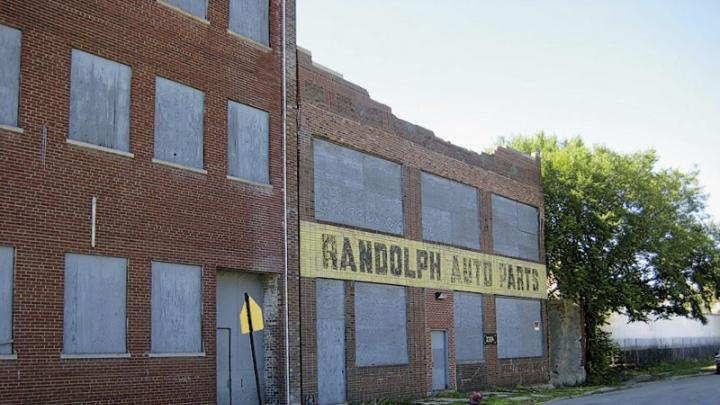An October report in the New England Journal of Medicine, drily titled “Neighborhoods, Obesity, and Diabetes—A Randomized Social Experiment” (to which Harvard professors of economics and of healthcare policy contributed), found that moving from an impoverished neighborhood to one more favorably placed resulted in lower levels of adverse health. That finding would hardly surprise Ford professor of the social sciences Robert J. Sampson, whose Great American City: Chicago and the Enduring Neighborhood Effect (University of Chicago, $27.50) argues that local community persists, and in fact matters deeply, despite the seeming effects of globalization and a more homogeneous world culture. A monumental work of sociological research, it extends from Sampson’s escorted tour down Michigan Avenue (from the luxury shops of the “Magnificent Mile” to the “jarringly different” scene of the infamous South Side slums) to his detailed analyses of data and explications of theory. From chapter 1, “Placed”:
Logic demands that if neighborhoods do not matter and placelessness reigns, then the city is more or less a random swirl. Anyone (or anything) could be here just as easily as there. Identities and inequalities by place should be rapidly interchangeable, the durable inequality of a community rare, and neighborhood effects on both individuals and higher-level social processes should be weak or nonexistent.…
By contrast, the guiding thesis of this book is that differentiation by neighborhood is not only everywhere to be seen, but that it has durable properties—with cultural and social mechanisms of reproduction—and with effects that span a wide variety of social phenomena. Whether it be crime, poverty, child health, protest, leadership networks, civic engagement, home foreclosures, teen births, altruism, mobility flows, collective efficacy, or immigration…the city is ordered by a spatial logic (“placed”) and yields differences as much today as a century ago. The effect of distance is not just geographical but simultaneously social…
Fascination with globalization has tended to deflect attention from the persistence of local variation, concentration, and the spatial logic of inequality. The popular belief that the world is “flat,” in particular, has clouded our thinking on neighborhood effects. This is not to say that globalization theorists are wrong about economic markets or that the facts of ecological concentration are incompatible with the placelessness of many aspects of life. To the contrary, one strand of globalization theory suggests that, if anything, the reverse is true.…The key to theoretical progress is to recognize that the stratification of people and resources across urban areas remains entrenched and evolves in new ways as globalization proceeds. Paradoxically, in fact, inequality among neighborhoods in life chances has increased in salience and may have been exacerbated by globalization.…
I thus reject the common idea that technology, dispersed social networks, state policy, and the accoutrements of (post)modernity explain away neighborhood inequality and a focus on spatial forms of social organization and community.









